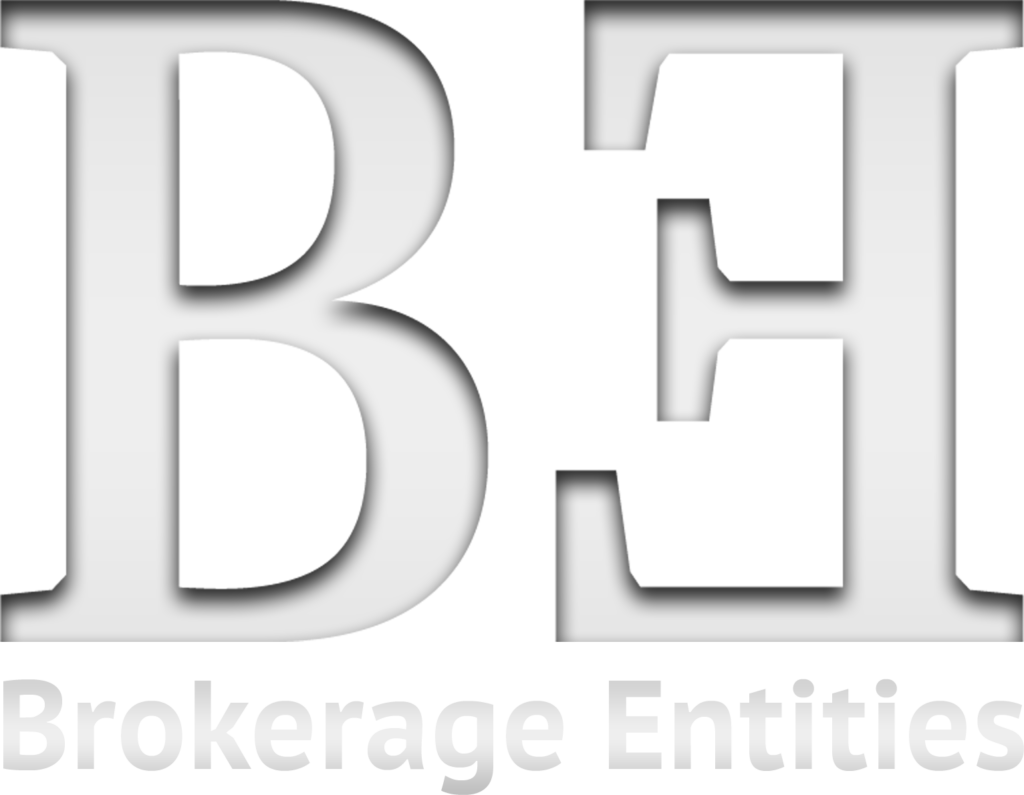ASIC is calling on superannuation trustees to ensure they are meeting their legal obligations for dealing with incoming money from consumers if a new or increased interest in a super product cannot be issued by the next business day.
The call follows ASIC’s review of a sample of twelve superannuation trustees to understand how they met requirements for dealing with money received for a financial product set out in the Corporations Act 20011.
Following the review, all trustees with deficiencies took action of some kind. This included implementing process changes for dealing with application monies to become compliant, improving disclosures about application monies, and/or formally notifying ASIC of a reportable situation or paying remediation.
‘As financial product providers, trustees are required to safeguard incoming monies for products in prescribed ways,’ ASIC Commissioner Danielle Press said. ‘This is to protect a consumer’s money until the product is issued to them or they receive an increase in an existing product.’
‘Our review identified compliance gaps – all but one trustee failed to ensure their practices or disclosure aligned with their obligations.’
‘While no significant individual member impact was identified in our review, we were very concerned to find the trustees hadn’t given enough consideration to these important obligations, in some cases for decades, potentially putting members’ money at risk,’ Ms Press said.
‘We expect trustees and other product issuers to take these obligations seriously. Trustees should thoroughly review their arrangements for dealing with members’ money before a product is issued as well as those of their service providers.
‘Where we identify poor progress by trustees in changing their processes within a reasonable time, ASIC will consider appropriate regulatory action,’ Ms Press said.
ASIC found four main issues among the trustees reviewed:
Using a non-compliant account to hold money: Some trustees used an account that did not meet the requirements for some or all of their superannuation products. For example, the account used was not a designated trust account.
Not holding money for the required time: Several trustees did not retain a member’s money on trust in a compliant bank account until the time an interest in a product was issued or increased. For example, before a new or increased interest for a member was issued, incoming money was being moved or ‘swept out’ of the prescribed account daily and invested as part of a general fund strategy. Some trustees may need to revise their incoming cashflow management practices to ensure they comply.
Failure to identify money subject to the requirement: Some trustees reported that they could not or did not identify money subject to the requirements of section 1017E. For example, some trustees had no daily monitoring arrangements in place while others did not check how their service providers handled money for a member when it was first received.
Inadequate disclosures to consumers: In ASIC’s view, most of the disclosure material reviewed required improvement. For example, it often did not clearly explain who would receive the benefit of interest earned on incoming money before a product is issued (or increased), or explain when no interest would be payable.
ASIC raised these concerns with the trustees reviewed to ensure changes are implemented to achieve full compliance. Separately, ASIC has communicated with major auditing firms and industry bodies to reiterate the role auditors can play in assisting to identify and address compliance issues in a timely manner.

